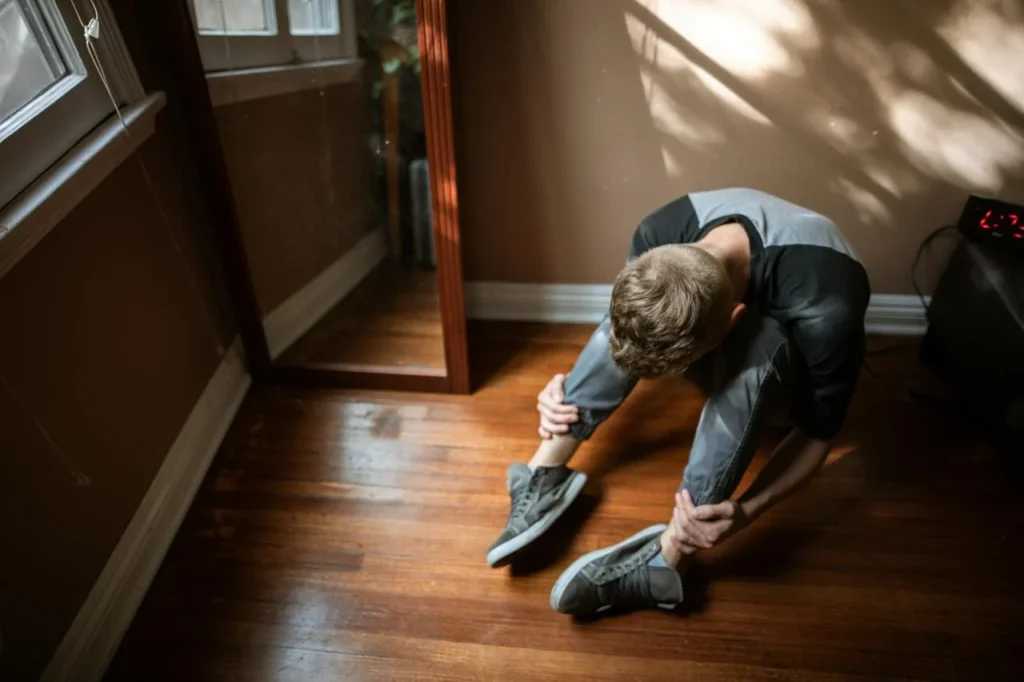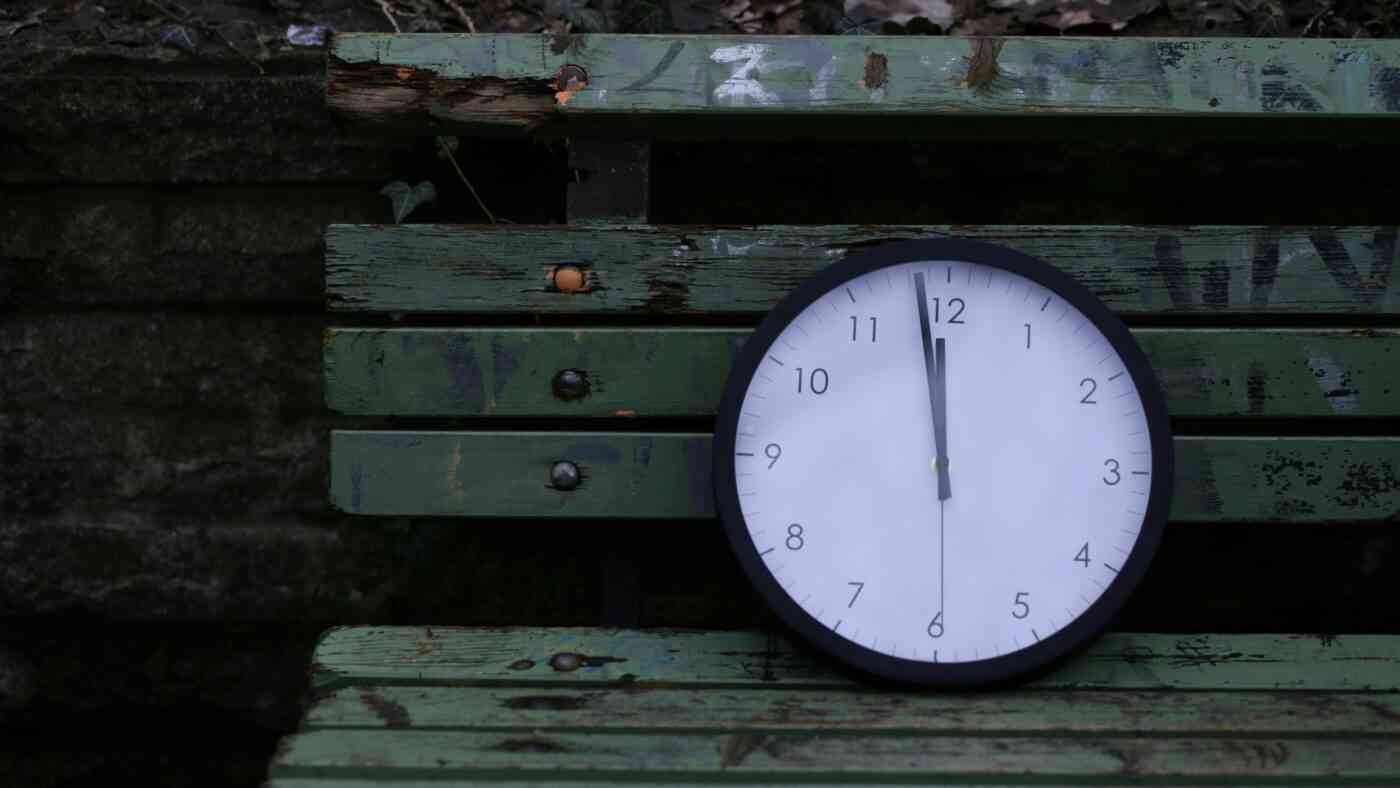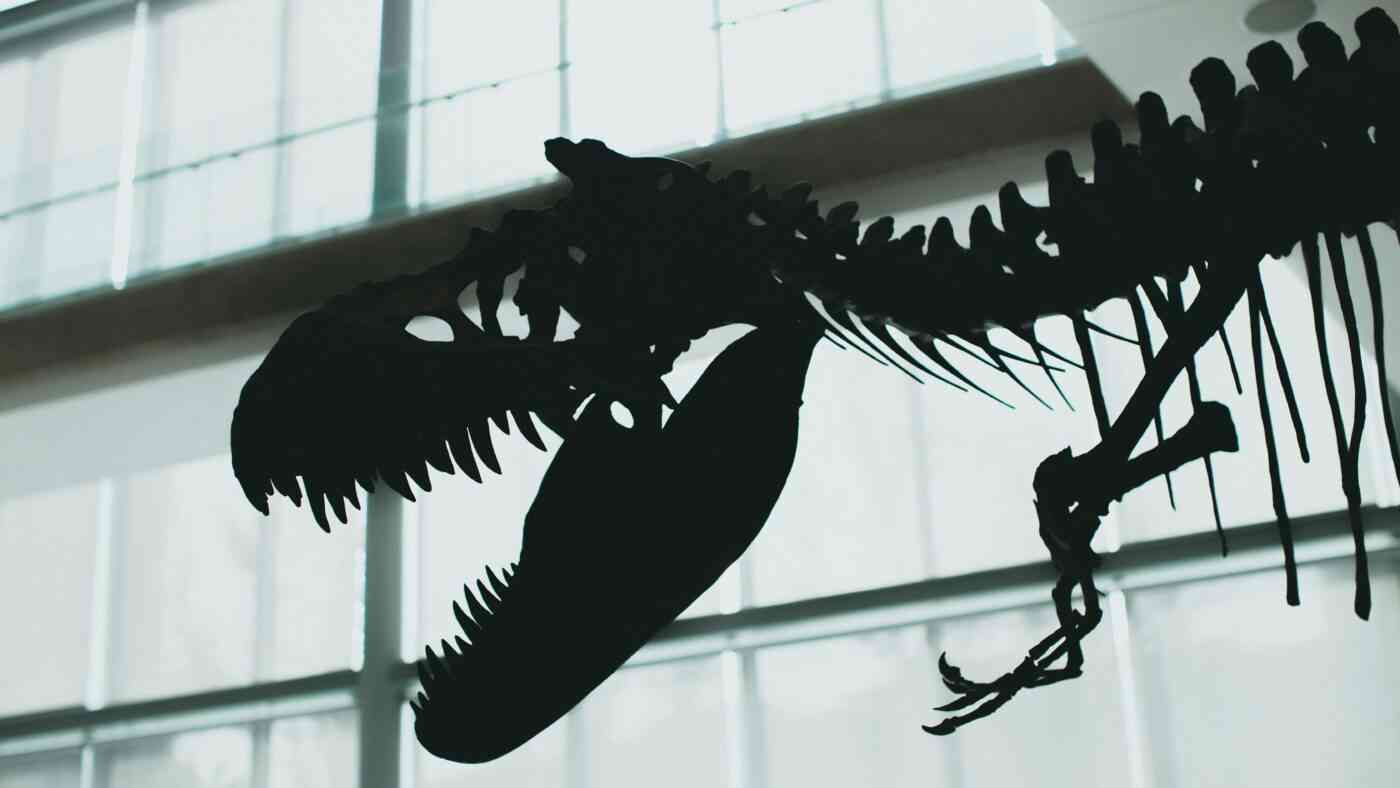Truth & Goodness
Seconds from Midnight: The 2026 Doomsday Clock Hits 85 Seconds
18 February 2026

Traumatic events leave a profound imprint on the human psyche. Experiencing an accident or the sudden death of a loved one can shatter us into pieces. Our mind begins to play tricks on us, with memory becoming our worst enemy. This affliction can affect entire communities.
PTSD is a mental disorder caused by a sudden and unpredictable event that triggers an intense stress response, exceeding our adaptive capabilities. This can include war, natural disasters, traffic accidents, sexual abuse, or the sudden death of a loved one.
Symptoms include feelings of anxiety, hopelessness, exhaustion, sudden and re-traumatizing recurrences of traumatic memories (so-called flashbacks), as well as nightmares and hallucinations. Trauma can affect not only individuals but also large communities, residents of a particular region, a country, or entire ethnic groups. The intensity of stress caused by persecution, war, or natural disaster varies depending on the psychological resilience of individuals. Sometimes entire societies suffer from it. People, forming a cohesive group with which they identify, create a kind of collective mind. Such a complex ‘organism’ has its memory, and the trauma of individual members often transforms into a collective experience resembling post-traumatic stress disorder.
Beyond religious contexts, where the Old Testament is considered divinely inspired and thus sacred, most scholars also regard the Bible as an excellent source of historical information.
Few stories are as intricate and dramatic as the genesis of the Jewish nation depicted in the Books of Exodus and Numbers. Presented through biblical narration, the story is a tapestry of tragic events affecting a community that embarked on a journey, initially a dramatic escape. The Exodus, the departure from Egypt, spanned generations. Before settling in the so-called Promised Land, they endured numerous famines, plagues, feelings of threat, and armed skirmishes.

Although there is no consensus among historians regarding the authenticity of the Israelites’ journey through the Sinai Peninsula, the literary material of the Old Testament itself demonstrates the mechanism of forming a collective identity, a kind of collective trauma. The most important act, the Ten Commandments, still serves as the basis of all law, beginning with a distinctive exordium: “I am the Lord your God, who brought you out of the land of Egypt, out of the house of slavery.”
The remembrance of these events, also orally transmitted by prophets in subsequent generations, evokes fear and motivates fidelity to the creator-liberator, which today we might interpret as a kind of strategy for dealing with trauma.
Hurricane Katrina’s passage over New Orleans in 2005 was one of the most significant natural disasters in the history of the United States. The scale of the tragedy is illustrated by the numbers: 1,836 victims, 705 missing. Despite the fact that residents of the southeastern coast of the USA frequently face similar elements, and the city was evacuated well in advance, the psychological impact on the survivors proved challenging to bear.
As much as 80% of the city was flooded. Homes, infrastructure, and transport were destroyed. The atmosphere of dread was further intensified by anarchy on the streets: looting and gang reprisals. The city, which had been teeming with life just a few days earlier, became uninhabitable.
Americans, who have a deeply rooted national ethos of being invincible, were defeated by the forces of nature. Hundreds of thousands lost their homes — places where they felt safe, which held so many memories. They had to accept that they could not return there. The streets they traveled daily to work ceased to exist overnight. The urban fabric, not only a material good but also deeply embedded in human identity as “my neighborhood,” stood no chance against the hurricane.
Those who left their homes likely believed they would return to normal life after a short or longer period of remedying the effects of the disaster. Unfortunately, for most, there was nothing to return to.
Apart from their possessions, the residents of New Orleans lost their sense of security, predictability of the world, belonging, and community. All of this has a lasting impact on the psychological structure, causing a difficult-to-heal wound: trauma.
We recommend: Collective Identity: Traumas that Changed Mankind
The discovery of new lands, the advancement of maritime navigation, and techniques opened new development possibilities for the Old Continent. However, the centuries-long colonization was far from the commonly promoted ideal of Christianization and bringing the light of civilization to foreign peoples.
Eurocentrism, which prevailed until the dissolution of empires and the development of postcolonial states, was a time when conquered lands were awash with the blood of local populations. Both Africa and the Americas were plundered by the insatiable Western man. These continents were also the arenas of numerous wars resulting from the sometimes inconsistent interests of various European nations.
The fall of the greatest colonial powers, such as Spain and Portugal, and the emergence of new independent states in Africa and the Americas did not end the hell that “civilized” man had inflicted on others.
The African-origin population long struggled with legal slavery. Treated as subhumans, they carried in their consciousness either heard or personally experienced stories of human cruelty and deadly greed. The often ridiculed sensitivity of black Americans to any signs of racism today is nothing but a defensive reaction to trauma deeply rooted in the personality structure of ethnic group members so cruelly treated by white people.
We recommend: PTSD: How Does a Young Person’s Brain React to Trauma?
The pain of the collective trauma of the residents of postcolonial countries now spreads across the Old Continent, appearing as, one might say, historical justice. Belgians struggle with waves of migrants from Congo, the French with Algerians, Tunisians, and Moroccans, and the Italians with Libyans. Regardless of whether these populations are fleeing war or are motivated by economic reasons, the centuries-long exploitation of African countries has had a significant impact on the current state of affairs on the continent.
What can occur in the mind of an individual can also be a characteristic of entire nations or ethnic groups. Being witnesses or victims of the same tragedy, the experience of trauma, as a collective phenomenon, occurs on a similar principle as the sense of belonging and community. Identity, including collective identity, contains positive elements such as pride, a sense of security, and knowledge of our origins. However, it also has a dark part, resulting from shared, tragic experiences, whether personally experienced or heard and passed down by ancestors. The rightful need to remember is not only about passing on “dry facts.” It is also about shaping attitudes and often an unconscious fear of what once caused immense pain.
Translation: Klaudia Tarasiewicz

Science
17 February 2026

Science
17 February 2026

Zmień tryb na ciemny